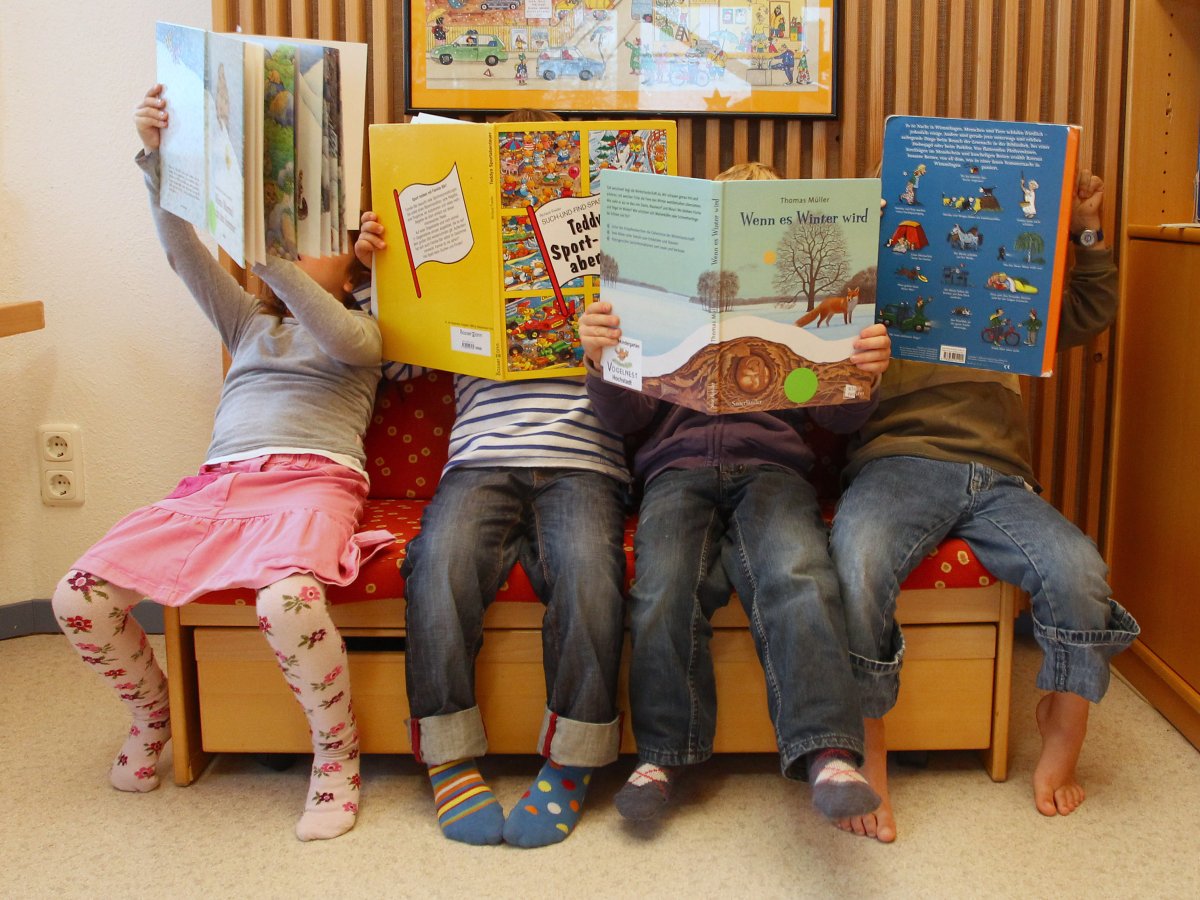The first 12 students in the province’s Early Learning Intensive Support Pilot are now attending pre-kindergarten programs in Regina and Saskatoon.

First announced in March, the program uses joint federal-provincial funding to provide additional spaces in existing pre-K programs in Saskatchewan’s largest cities for children who require intensive supports.
“We are very pleased to see the first students participating in this pilot,” Education Minster Gordon Wyant said in a statement.
“This is great news for families with children who require intensive supports, as they can now experience the benefits of pre-kindergarten. High-quality early learning programs give children a good start in life and help ensure they reach their full potential.”
READ MORE: 3-year $41M bilateral agreement to improve Early Learning and Childcare in Saskatchewan
The fall pilot program is expected to provide up to 36 spaces for children in both the Regina and Saskatoon public school divisions, and 20 in both Catholic school divisions. In total, there will be up to 112 spaces.
The pilot provides funding to hire additional educational assistants in order to create an inclusive classroom that supports the meaningful participation of all students.
The province says it is currently receiving applications and expects the pilot to reach capacity.
“Regina Public Schools is grateful to the Government of Canada for the funding and the Ministry of Education for the support of the Early Learning Intensive Support Pilot,” Regina Public Schools student achievement deputy director Darren Boldt said.
“This pilot program affords us with the ability to provide additional support for preschool-aged children with intensive needs and allows us to create more learning opportunities for our youngest learners so that they can make smooth transitions to kindergarten and into elementary school.”
- Canadian man dies during Texas Ironman event. His widow wants answers as to why
- On the ‘frontline’: Toronto-area residents hiring security firms to fight auto theft
- Honda’s $15B Ontario EV plant marks ‘historic day,’ Trudeau says
- Canadians more likely to eat food past best-before date. What are the risks?




Comments